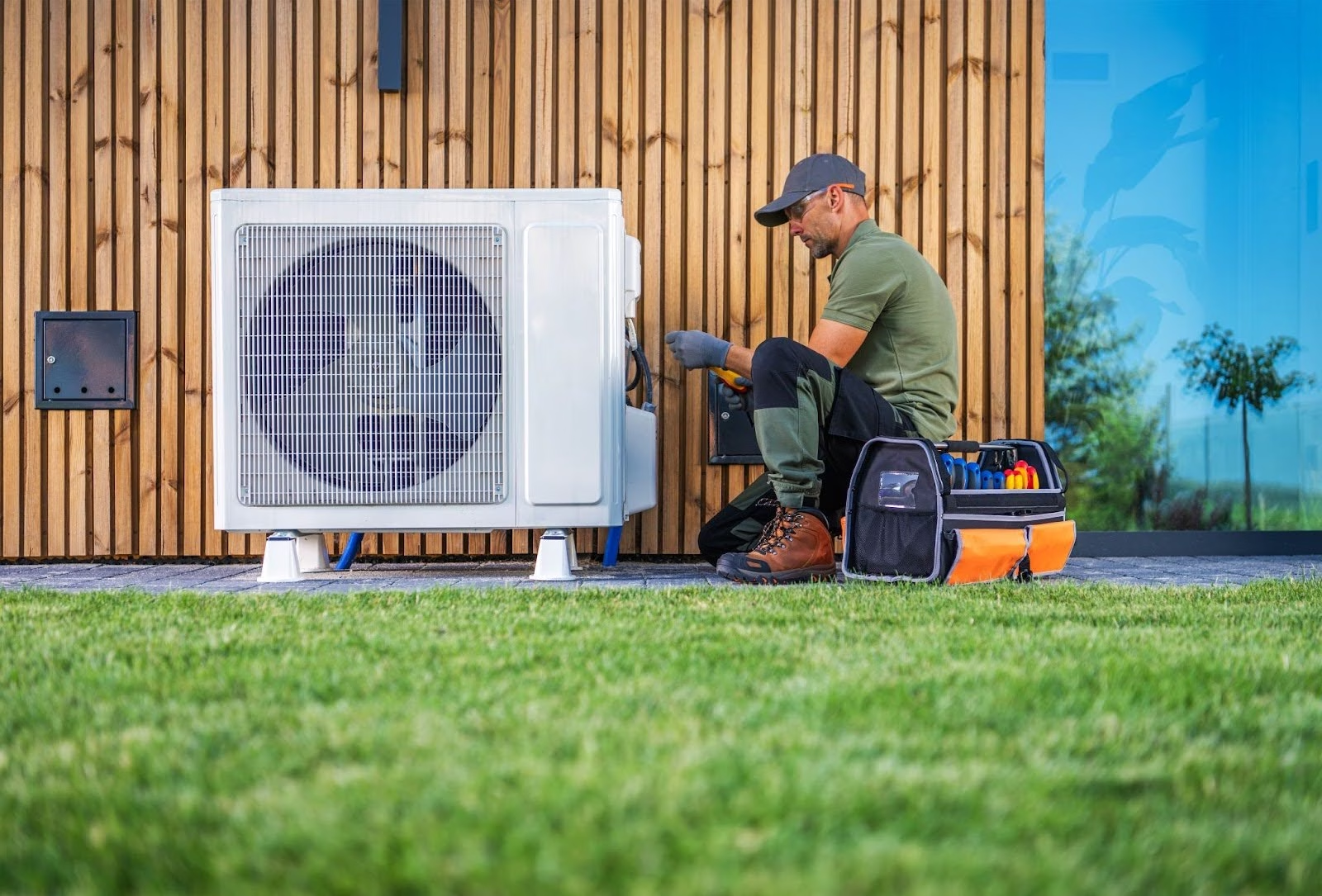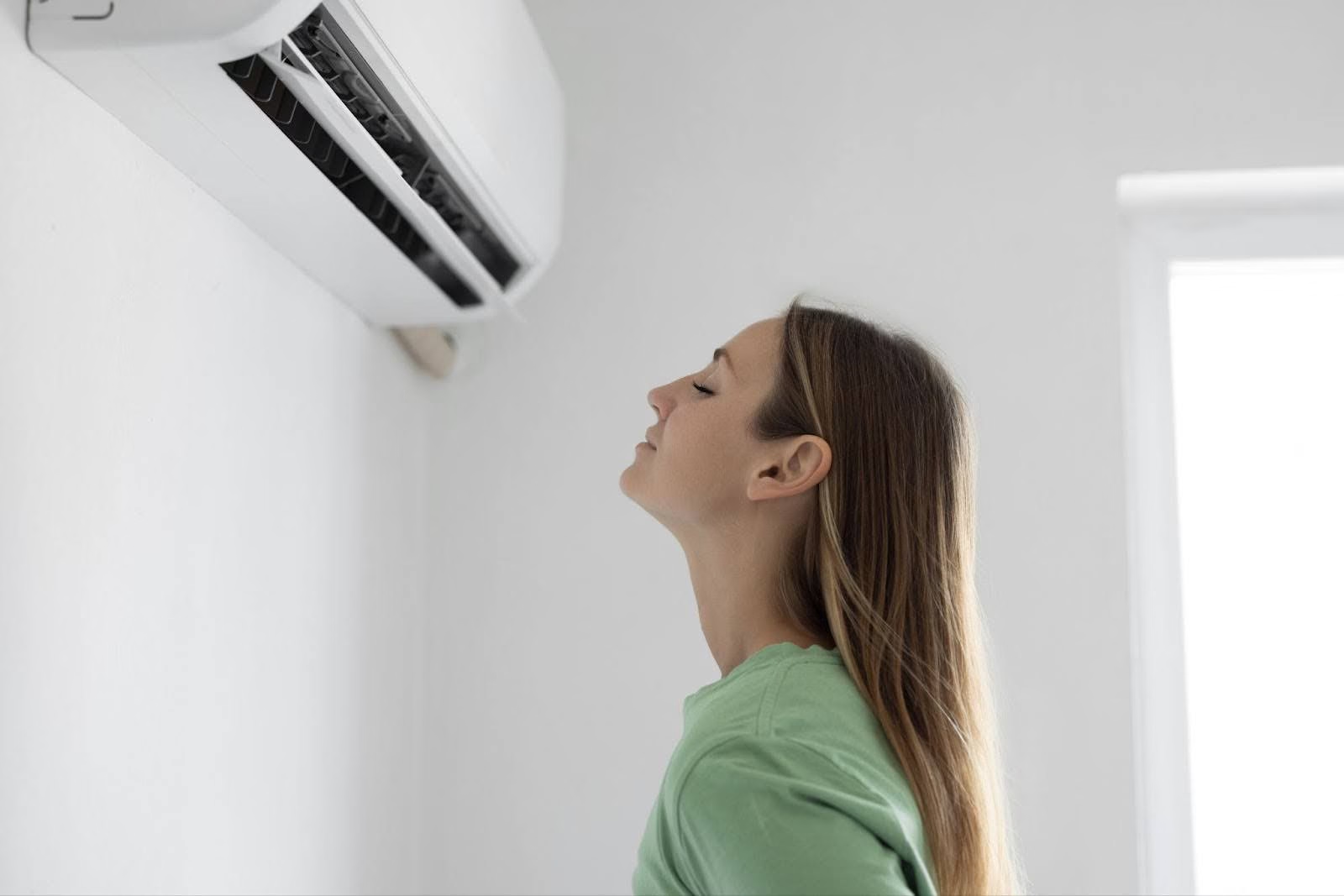Your Heating, Ventilation, and Air Conditioning (HVAC) system is the heart of your home’s comfort. It keeps you cool in the Florida heat and warm on chilly winter nights. Like all machines, HVAC systems don’t last forever. Knowing when to repair versus replace can save you money, improve your comfort, and help you avoid emergency breakdowns.
If you’re noticing any of these warning signs, it may be time to consider an upgrade.
1. Your HVAC System Is Nearing the End of Its Lifespan or Warranty
Most HVAC systems last 15–20 years, but performance often begins to decline after 12 years. If your unit is nearing the end of its lifespan or the manufacturer’s warranty is about to expire, the risk of expensive repairs increases. A new system brings better energy efficiency, reliability, and full warranty coverage.
Pro Tip: Check your unit’s manufacturer date, usually on the label near the serial number, to confirm its age.
2. Frequent HVAC Repairs Are Adding Up
Occasional repairs are normal, but frequent service calls can signal bigger problems. If repair costs are approaching 50% of a new system, replacement is usually the better investment.
Key takeaway: Repairs should keep your system efficient — not become a monthly expense.

3. Rising Energy Bills Despite Regular Maintenance
Unexplained energy bill increases are a red flag. If your HVAC system has been well maintained but still struggles to heat or cool efficiently, internal components may be deteriorating — a common issue in aging systems.
Tip: Upgrading to a newer unit can reduce energy use by 20–40% and provide long-term savings.
4. Uneven Heating and Cooling
Are some rooms freezing while others are too warm? Inconsistent temperatures usually indicate airflow issues or a system that can’t meet your home’s needs. This could signal ductwork problems or an aging HVAC unit.
Key takeaway: Persistent inconsistencies, even after repairs, are a strong replacement indicator.
5. Strange Noises or Odors
Squealing, banging, or grinding noises typically indicate worn or failing parts. Musty smells may point to mold inside your ducts or system.
If unusual sounds or odors continue after repairs, replacement is often the safer and more cost-effective choice.
6. Declining Indoor Air Quality
Notice more dust, allergies, or stuffy air? Older systems often lose their ability to properly filter and circulate air, especially if ductwork is aging or airflow is reduced.
If new filters and duct cleaning don’t solve the problem, poor air quality could signal it’s time for a new HVAC system.
7. Your Thermostat Can’t Keep Up
If you’re frequently adjusting your thermostat but still uncomfortable, your system may be underperforming. Age, improper sizing, or declining efficiency could be the cause. Consider upgrading to a modern unit with smart thermostat compatibility and energy-saving features.

8. Short Cycling or Constant Running
If your HVAC system turns on and off frequently (short cycling) or runs nonstop, it may indicate:
- Short Cycling: Frequent on/off cycles prevent your system from reaching the desired temperature efficiently.
- Constant Running: Operating nonstop, which may indicate the system is struggling to maintain comfort or has failing components.
These issues can be caused by a failing compressor, incorrectly sized equipment, or worn internal components.
9. Humidity Imbalances and Water Leaks
Your HVAC system also regulates humidity and removes moisture. Warning signs include:
- Humidity Issues: If your home feels clammy in summer or overly dry in winter, your unit may not be balancing indoor air properly. Excess humidity encourages mold growth, while dry air can aggravate allergies and skin irritation.
- Leaks and Water Damage: Water pooling around your system is a warning you shouldn’t ignore. Leaking refrigerant or clogged condensate lines can damage floors, walls, or ceilings. Even small leaks reduce efficiency and strain your system.
Recurring leaks or uncomfortable humidity despite repairs often mean your HVAC system is beyond saving. Upgrading to a modern unit with advanced humidity controls and improved drainage protects both comfort and your home.
10. You’re Planning to Sell or Stay Long-Term
Whether you’re preparing to sell or planning to stay for years, replacing an aging system adds value and peace of mind. Homebuyers favor homes with newer, efficient HVAC systems, while long-term homeowners benefit from improved comfort and lower operating costs.

When Is the Best Time to Replace an HVAC System?
Spring or fall is ideal for replacement when demand is lower. You’ll likely enjoy better scheduling flexibility, faster installation, and energy savings just in time for the next seasonal shift.
Quick Checklist: Repair or Replace?
Replace your HVAC system if:
- It’s 10–15+ years old
- Repairs are frequent and expensive
- Energy bills are rising without explanation
- Comfort is inconsistent across your home
- You’re facing a major component failure (compressor, blower motor, etc.)
Let Progressive Air Help You Decide
Replacing your HVAC system is a significant investment, but it pays off with improved comfort, greater energy efficiency, and peace of mind. By recognizing the warning signs and acting before major failures occur, you can avoid costly repairs and unnecessary stress.
Choosing a trusted professional like Progressive Air ensures your system is installed correctly and optimized for Florida’s climate. Take action now to protect your home and enjoy reliable heating and cooling. Schedule a consultation today and keep your home comfortable, safe, and efficient for years to come.
